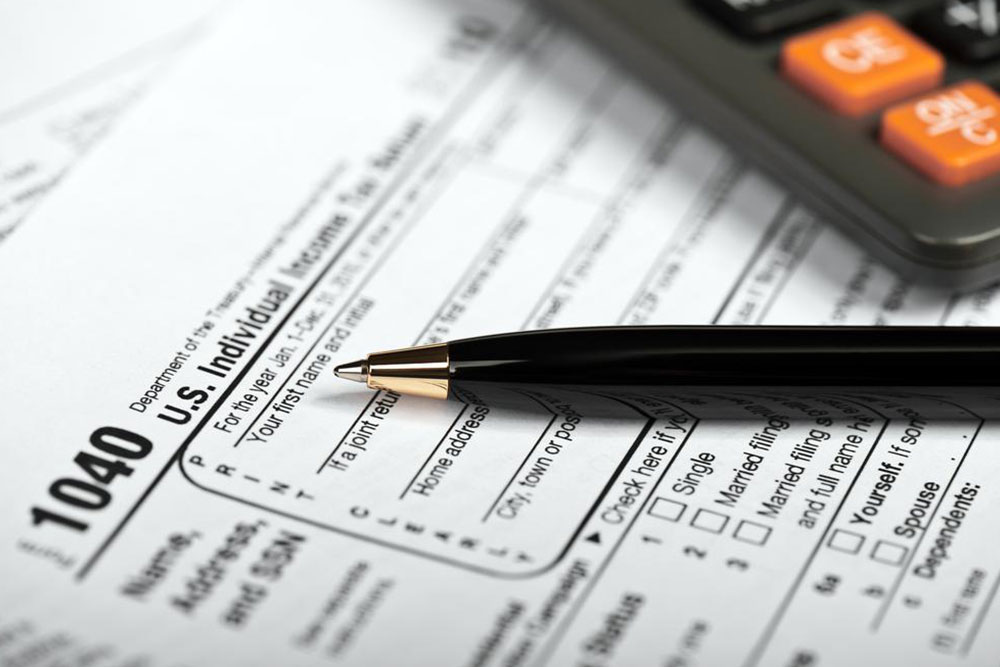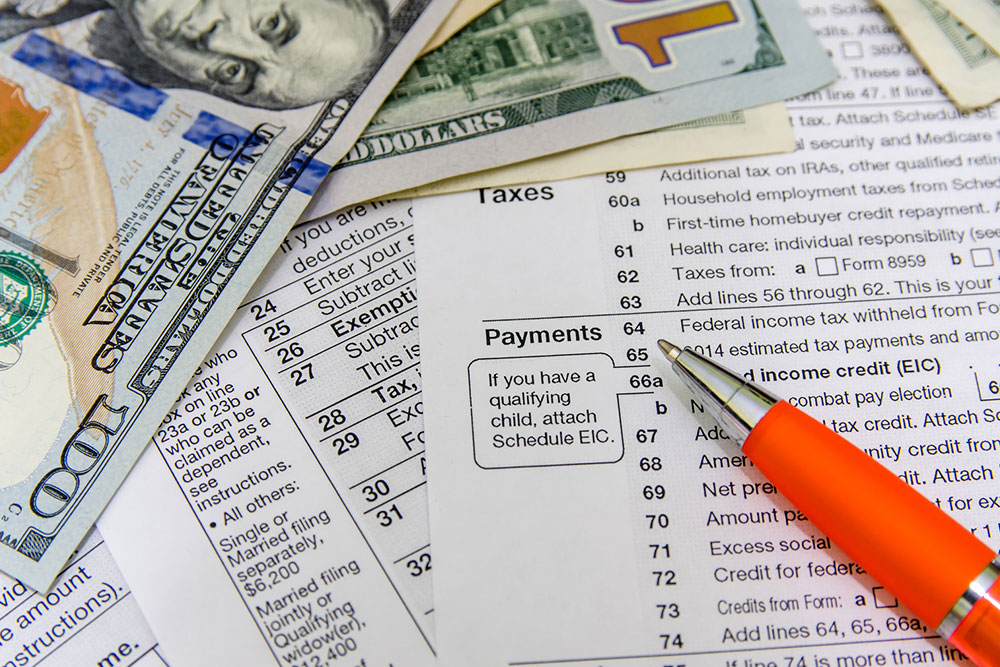Unusual Items That Have Been Taxed in the US
Discover some of the most bizarre items ever taxed in the United States, from vending machine fruits to stormwater fees. This article highlights the strange history of American taxation on unexpected goods and services, showcasing how tax laws have evolved in surprising ways. Perfect for those interested in tax history and quirky tax facts, this overview provides insights into unusual American tax cases and their cultural significance.

Paying taxes is crucial for every taxpayer to avoid issues with the IRS. While most federal and state taxes fund public services and development, some taxes have been surprisingly unusual. Here are some of the most bizarre items that have faced taxation in American history.
Vending Machine Fruits: Unique to California, fruits sold through vending machines have been taxed at nearly 33%, despite fruits generally being tax-exempt.
Hats: Historically, hats were taxed in colonial America to protect domestic industries from British imports.
Slice vs. Whole Bagels: Whole bagels are tax-free in New York, but sliced bagels are considered prepared food and taxed at 8.875%.
Glass Colors: Taxes on glass vary based on color, with white glass being taxed the highest.
Kansas Balloon Tax: Hot-air balloon rides are taxed at 6.5%, as the government views them as traveling amusements.
Calendar Taxes: In the past, the length of a calendar determined tax liability, making calendars one of the oddest taxed items.
Belt Buckles in Texas: Belt buckles are taxed at 6.25%, classified as jewelry or accessories.
Cup Lids and Caps in Colorado: While cups are tax-exempt, their lids and caps are taxable here.
Candy: Sugary candies without flour are taxed in Illinois, as they are considered confectionery products with added flavors.
Legal Documents: Historically, legal papers have been taxed through stamp duties dating back to colonial times.
Stormwater Fees: Known as the rain tax, homeowners pay this to prevent environmental pollution from stormwater runoff, introduced in 2012.
Stay updated with the latest tax news by visiting our tax section. Follow us on Facebook and Twitter for insights on investments and taxes.
Note: Our content aims to provide useful information across various topics. While our research is comprehensive, readers should verify details independently, as discrepancies or outdated data may exist. The website is not responsible for inaccuracies or missed offers.









